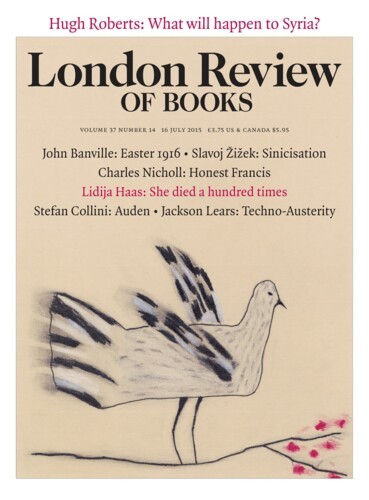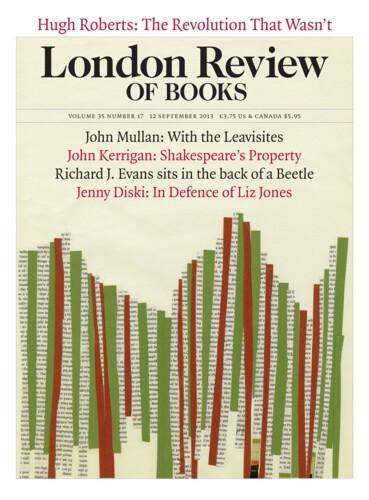The Algerian state is in crisis. The popular refusal to accept a fifth term for President Abdelaziz Bouteflika has immense constitutional implications and confronts the army commanders with a massive dilemma. Public opinion is not repudiating Bouteflika personally; it is indignantly rejecting the suggestion that, in his permanently crippled, wholly incapacitated condition, he should be considered eligible for another five years in office. The Algerian people are defending the constitution, not violating it. Article 102 clearly defines the procedure to be followed ‘whenever the President of the Republic, because of serious and enduring illness, finds himself unable to exercise his functions’. This should have been set in motion long ago.
Hugh Roberts
Hugh Roberts was director of the International Crisis Group’s North Africa Project for several years, and later the Edward Keller Professor of North African and Middle Eastern history at Tufts University. His books include The Battlefield: Algeria 1988-2002 and Berber Government: The Kabyle Polity in Pre-Colonial Algeria. He died in May 2025.
The Hijackers
15 July 2015
The Hijackers: What will happen to Syria?
Hugh Roberts, 16 July 2015
American intelligence saw Islamic State coming and was not only relaxed about the prospect but, it appears, positively interested in it. The US Defense Intelligence Agency document doesn’t talk of ‘the possibility that Isis might establish a Salafist principality’ but of ‘the possibility of establishing’ a Salafist principality. So who was to be the prime mover in this process? Did IS have a state backing it after all?
The Revolution That Wasn’t
Hugh Roberts, 12 September 2013
Western opinion has had difficulty working out what to think, or at any rate what to say, about Egypt. It now seems that the pedlars of hallucinations have been cowed and it is no longer fashionable to describe the events of 3 July in Cairo as a ‘second revolution’. But to describe them as a counter-revolution, while indisputably more accurate, presupposes that there was a revolution in the first place. The bulk of Western media commentary seems still to be wedded to this notion. That what the media called ‘the Arab spring’ was a succession of revolutions became orthodoxy very quickly.
There are numerous aspects of the violent drama at the gas plant at Tigantourine near In Amenas in south-eastern Algeria that remain unclear if not frankly baffling. Since the dust is yet to settle this is not the moment to pass judgment on the behaviour of the Algerians or the significance of the event. Instead I propose to list some of the questions to which answers are needed if we are to get a clear view of what happened.
Read anywhere with the London Review of Books app, available now from the App Store for Apple devices, Google Play for Android devices and Amazon for your Kindle Fire.
Sign up to our newsletter
For highlights from the latest issue, our archive and the blog, as well as news, events and exclusive promotions.



